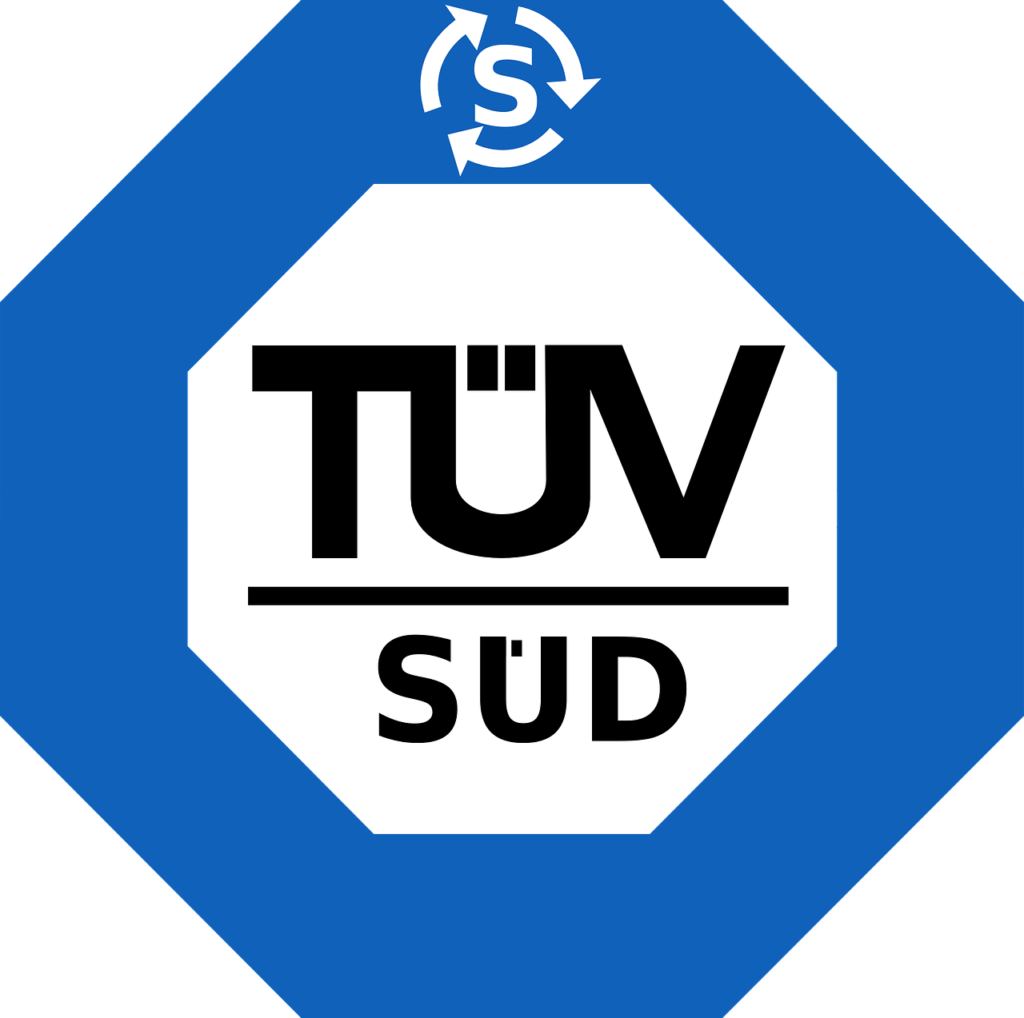TÜV certification, particularly TÜV Rheinland certification, is a quality and safety certification provided by TÜV Rheinland, a well-known German organization that offers testing, inspection, and certification services. When it comes to solar panels, TÜV certification is often sought as a mark of compliance with industry standards, safety regulations, and quality benchmarks.
- Safety Standards:
- TÜV certification involves rigorous testing of solar panels to ensure compliance with safety standards. This includes assessments related to electrical safety, fire resistance, and other aspects of safe operation.
- Performance Testing:
- TÜV Rheinland conducts performance testing to verify that the solar panels meet specified efficiency and output standards. This testing helps ensure that the panels perform reliably under different environmental conditions.
- Durability and Reliability:
- TÜV certification assesses the durability and reliability of solar panels. This includes testing for resistance to environmental factors such as temperature variations, humidity, and exposure to UV radiation.
- Mechanical Load Resistance:
- Solar panels are subjected to mechanical load tests to determine their ability to withstand wind, snow, and other mechanical stresses. This is crucial, especially for solar panels installed in various geographical locations with different weather conditions.
- Resistance to Hail and Impact:
- Testing is conducted to assess the ability of solar panels to resist damage from hail and other impacts. This is important for panels installed in regions prone to severe weather conditions.
- Insulation and Electrical Properties:
- TÜV certification involves checks on the insulation and electrical properties of the solar panels to ensure that they meet electrical safety standards and do not pose risks of electric shock or fire.
- Quality Management System:
- The certification process also includes an evaluation of the manufacturer’s quality management system. This ensures that the production processes adhere to established quality control measures.
- Certification Mark:
- Once a solar panel successfully undergoes the TÜV certification process, it is entitled to carry the TÜV Rheinland certification mark. This mark is an indication to consumers and industry stakeholders that the product has met the specified standards.


